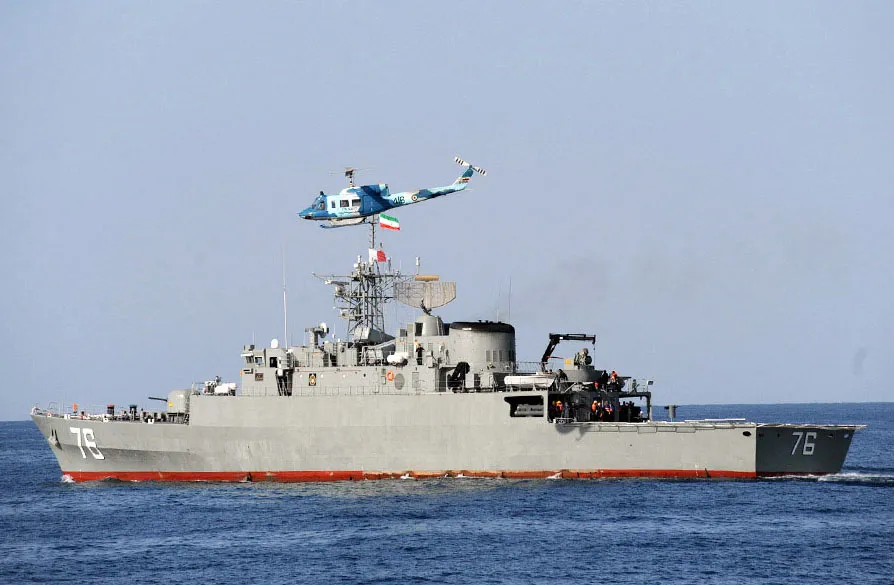After extolling the U.S.-British “special relationship,” and ranting against the Chinese Communist Party in London yesterday, U.S. Secretary of State Mike Pompeo had meetings today in Denmark with Prime Minister Mette Frederiksen and Foreign Minister Jeppe Kofod. There was also a special meeting about Arctic issues, where the Danish foreign minister was joined by the foreign ministers from Greenland and the Faroe Islands, both Arctic parts of the Kingdom of Denmark.
The purpose of the visit was to shore up Denmark’s cooperation, as a strong U.S. ally and activist NATO country, to try to block “authoritarian” Russia and China from having more economic and security activity and influence in the Arctic. While Pompeo’s rhetoric at the press conference was more low-key than in London, he railed against the Chinese Communist Party, which is “a threat to freedom everywhere,” and was plainly eliciting Denmark’s help to defend “our values.” He praised the U.S. and Denmark support for the Hong Kong people.
The U.S. will try to increase its influence by opening a consulate in Greenland, and raising its civilian investment there (in addition to the U.S. Thule Air Base), and a formal dialogue was announced between the U.S. and the Faroe Islands. However, after the meeting Greenland’s Foreign Minister Steen Lynge stated to Danish TV that all partners are welcome, as long as they respect the law, and Greenland will continue to export fish to China, their second largest export market after Europe.
Two days before Pompeo’s visit, the Schiller Institute in Denmark sent Helga Zepp-LaRouche’s July 11 article, “The P5 Summit Proposed by Putin Could Be the Last Chance,” and her conference speech, with a short cover letter, by e-mail to the entire elite in Greenland, and personal emails to the Danish foreign minister, and the foreign policy coordinators from Greenland and the Faroe Islands. The cover letter stressed that a summit is needed to cooperate on the great problems the world is facing. And that Pompeo’s anti-China policy is contributing to confrontation, not cooperation in the Arctic, and other places. Greenland and the Faroe Islands must not be a geopolitical battle ground, but places for cooperation on economic development, for the benefit of the populations.
This outlook was echoed by Jenis av Rana, the Faroe Islands’ foreign minister, at a press conference the evening before the visit. “We are very worried about the Arctic becoming a war zone for the great powers. Therefore, we are very concerned to get the message across to Pompeo, that we must protect the Arctic, and ensure that it remains a low-tension area.”



